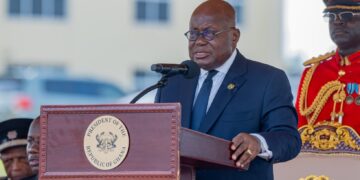Details concerning how Ghana’s four collateralized loans from China have exposed the nation to losing some of its mineral resource revenue in addition to energy sales have been made public by the International Monetary Fund (IMF).
Chinese loans have provided Ghana with dependable funding for four significant projects since 2000. Accra has accumulated close to $5 billion from at least 41 Chinese loans over the course of two decades.
With a current external debt portfolio surpassing $30 billion, Ghana is presently debt-trapped and enduring its greatest economic crisis in a generation as a result of several years of almost unrestrained borrowing.
As a result of this loan deal, China will have the authority to take Ghana’s oil, cocoa, bauxite, or even electricity sales earnings to pay off the debt should Ghana fail to honor its debt obligations.
China appears to be the most significant participant at the negotiating table in many debt negotiations taking place in the developing countries. Despite being the biggest bilateral lender in the world, it remains secretive when it comes to its lending practices and how it renegotiates with distressed clients.
The World Bank estimates that in 2022, the world’s poorest nations will have to pay $35 billion in debt service to public and private creditors, of which 40% will be paid by China alone.
The Fund estimates that as of the end of 2022, China will hold all of Ghana’s collateralized debt, which relates to four loan agreements for the financing of infrastructure projects inked between 2007–18 and totaling US$619 million. Oil, bauxite, and cocoa production as well as electricity sales are used as collateral for these loans.
According to the IMF, “collateralized debt is any negotiated or guaranteed loan that grants the creditor the rights over an asset or revenue stream, allowing it to rely on the asset or revenue stream to secure repayment of the debt in the event that the borrower defaults on its payment commitments.
Statutory funds will not be permitted to issue debt or use revenue sources as security, the IMF has emphasized. The governing authority will not issue any statutory funds with no objection certifications in this regard.
Additionally, the Fund has asked the government to offer loans or derivatives in equal amounts for all encumbered assets used as security.














